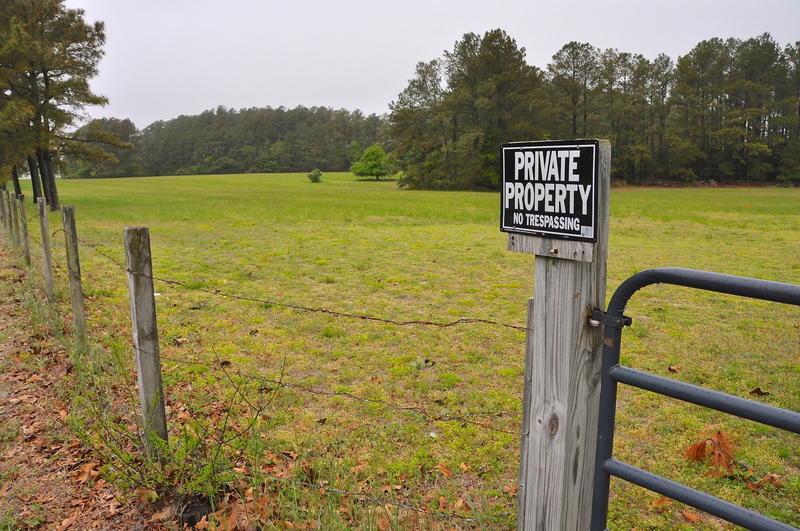Sussex County Council voted 4-1 to approve a zoning change and conditional use for a campground on a 51-acre parcel at Massey's Landing, the end of Long Neck Road.
Castaways at Massey's Landing is expected to offer 322 sites for recreational vehicles and 10 tent camping sites.
The park drew opposition from citizens who raised concerns over traffic and emergency access as well as environmental questions and noise concerns. Residents were particularly upset that a 2005 study was used to determine the traffic impact of the project.
Planned amenities include a swimming pool, pavilions, general store, welcome center, dog park, cafe and snack bar, bath houses, nature center, two lodges, fishing and crabbing piers, rental center for golf carts, DART bus stop, and a rental center for kayaks and canoes.
Developers Ida Faucett and Ida Faucett Heirs LLC and Massey's Landing Park Inc. filed applications for a zoning change on the parcel from MR, medium-density residential, to AR-1, agricultural residential, and a conditional use to allow the campground, which is not permitted in MR zoning.
The vote on both applications during the Dec. 9 meeting was 4-1, with Councilwoman Joan Deaver, D-Rehoboth Beach, casting the lone dissenting vote. Voting for the applications were Council President Mike Vincent, R-Seaford; Vice President Sam Wilson, R-Georgetown; George Cole, R-Ocean View; and Vance Phillips, R-Laurel.
“Everybody would like to be the last settler in,” Phillips said. “It's not fair to punish the Faucett family because they did not rush to develop their land; it's not fair. With the conditions placed on it, this is a good application.”
Cole said the campground is consistent with other uses along Long Neck Road. He and Vincent said state transportation officials had no objection to the project.
Voting against the application, Deaver said a campground is not actually a down zone. “It's a more intense use,” she said. “An RV park is not in character with the area. It will be taxing on the road in the fastest growing area in Sussex County.”
Council debated more than 30 minutes on five additional conditions to add to the list of 20 recommended by the planning and zoning commission.
Council agreed unanimously with Vincent's condition that would require a minimum 200-foot buffer from any structure used as a living space on property or land other than the applicant's.
County code requires a 400-foot buffer between campsites and any dwelling. The campground is bordered in some sections by manufactured homes, which at the time the application was submitted were not considered dwellings under county code. The condition would require at least a 200-foot buffer between campsites and nearby structures.
Council also approved three conditions suggested by Cole. The owner of the campground will not be permitted to sell or rent motorized watercraft or provide access to waterways for motorized watercraft. In addition, the owner will not be permitted to sell new or used RVs, park models or travel trailers.
Most of council's discussion centered around the third of Cole's proposed conditions – limiting the percentages of park models, travel trailers and RVs permitted in the campground.
Council approved Cole's request to allow planning and zoning to work with the applicant to develop numbers to be placed on the final site plan. “We need to make sure there are transient sites available,” Cole said. “We could end up with a campground with all park models.”
Phillips said the condition would give planning and zoning commission a lot of latitude. “The buck should stop here,” Phillips said.
“It's planning and zoning's job to do site plans,” Cole retorted.
“They could come back to council to delete or amend the condition,” assistant county attorney Vince Robertson said.
Council also amended a condition suggested by Planning and Zoning Director Lawrence Lank to ensure that the campground will be completely vacant when it's closed for the off season. “There will be no storage in the campground or parking lot,” Lank said.
Among other conditions placed on the project are: development of an evacuation plan; campsites must be a minimum of 2,000 square feet; the campground may operate from April 1 to the first Sunday in November; and there must be a 50-foot buffer around the property.
The minimum campsite size could conflict with the applicant's plan to provide 10 remote tent camp sites available only by canoe or kayak.




















































